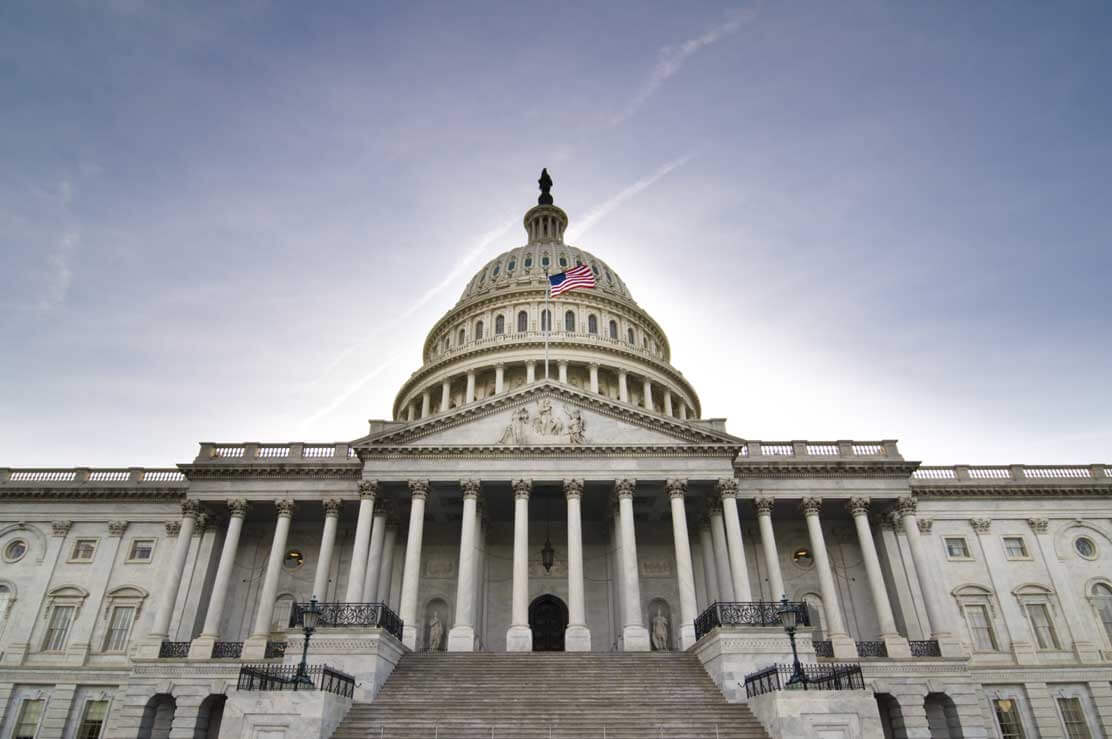What Is An Executive Order?
An executive order is a signed, written and published directive from the president of the United States that manages operations of the federal government. They are numbered consecutively, so executive orders may be referenced by their assigned number, or their topic. Executive orders are not legislation; they require no approval from Congress and Congress cannot simply overturn them. Congress may pass legislation that might make it difficult, or even impossible, to carry out the order, such as removing funding. Only a sitting U.S. president may overturn an existing executive order by issuing another executive order to that effect. [1]
Like both legislative statutes and regulations promulgated by government agencies, executive orders are subject to judicial review and may be overturned if the orders lack support by statute or the Constitution. Major policy initiatives require approval by the legislative branch, but executive orders have significant influence over the internal affairs of government, deciding how and to what degree legislation will be enforced, dealing with emergencies, waging wars and in general fine-tuning policy choices in the implementation of broad statutes.
Sources: 1. American Bar Association, What Is an Executive Order?, November 27, 2018: https://www.americanbar.org/groups/public_education/publications/teaching-legal-docs/what-is-an-executive-order-/

